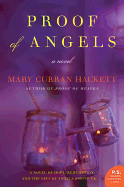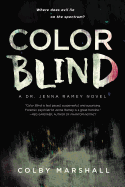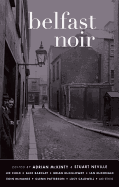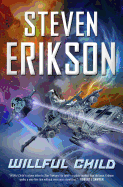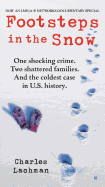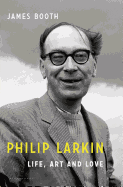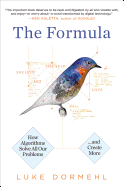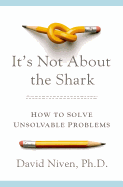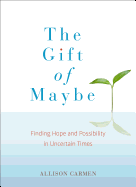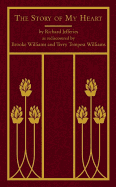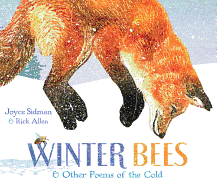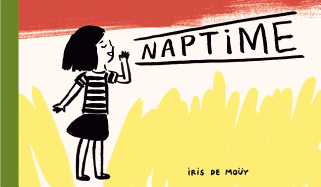Italian-American Pilgrims
 In my novella Cold Comfort, a workaholic photojournalist returns to an Italian-American enclave in Rhode Island to spend Thanksgiving with her only remaining relative, a hip 96-year-old aunt who texts and blogs. Challenged by a blizzard and a blackout, the aunt is intent on serving the family's traditionally Italian, seven-course Thanksgiving feast when a character off-handedly remarks, "Maybe your aunt thinks the pilgrims were Italian?"
In my novella Cold Comfort, a workaholic photojournalist returns to an Italian-American enclave in Rhode Island to spend Thanksgiving with her only remaining relative, a hip 96-year-old aunt who texts and blogs. Challenged by a blizzard and a blackout, the aunt is intent on serving the family's traditionally Italian, seven-course Thanksgiving feast when a character off-handedly remarks, "Maybe your aunt thinks the pilgrims were Italian?"
With Italians, it's always about the food. But Italian-American culture has brought more to the American table than just culinary prowess. Their immigrant influence has distinctly touched all the arts--especially the literary landscape heralded by Gay Talese, Francine Prose, Mario Puzo and Adriana Trigiani.
Joseph Luzzi launches My Two Italies, his deeply personal Italian-American memoir, with a story about how, as a boy, a beloved aunt arrived at his house one morning and gave him a pet rabbit that, hours later, wound up served on the family dinner table. This is just the beginning of Luzzi's historical examination of the contradictions imbued in Italian culture both in the U.S. and abroad.
In All This Talk of Love, novelist Christopher Castellani lovingly explores the hopes, wishes and dreams of the Grasso family, Italian-American immigrants and their offspring, who, in this last book in a sweeping trilogy, must cope with their roots, the price of sacrifice and loss, myths and memories.
Italian-American writer Ann Hood chronicles a strongly feminine point-of-view in her novel An Italian Wife, a multi-generational saga centered on Josephine Rimaldi, a young woman who journeys from Italy for an arranged marriage and how the trajectory of her life is sensuously infused by family, faith and love.
Maybe after you whip up some Turkey Tetrazzini and Pumpkin Pie Gelato from your Thanksgiving leftovers, you'll be inspired to crack the cover on a book penned by a "pilgrim" of Italian-American descent. -- Kathleen Gerard, blogger at Reading Between the Lines



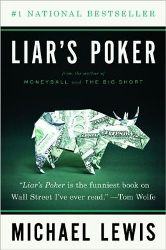 First published in 1989, Liar's Poker: Rising Through the Wreckage on Wall Street by Michael Lewis (Norton) introduced many people to a Wall Street culture that included the concept of the "Big Swinging Dick," incessant casual profanity and games of liar's poker involving million-dollar stakes. This was the author's debut title, a smart, funny account of his rise to bond salesman at Salomon Brothers--and a history of this part of the Street. The book also launched his career, which has included Moneyball, The Big Short and most recently, Flash Boys. Sadly Liar's Poker is as topical today as it was when it appeared. In fact, as the author notes in an afterword in the publisher's 25th anniversary edition, things have gotten worse. "The events I'd taken in 1989 for absurdities of the moment.... wound up being long-term trends. They led directly into a world-historic financial crisis, and a far deeper dysfunction inside the financial sector than anything I'd witnessed while working in it." For a great story on the culture of Wall Street and how greed is not necessarily good, deal yourself in to Liar's Poker.
First published in 1989, Liar's Poker: Rising Through the Wreckage on Wall Street by Michael Lewis (Norton) introduced many people to a Wall Street culture that included the concept of the "Big Swinging Dick," incessant casual profanity and games of liar's poker involving million-dollar stakes. This was the author's debut title, a smart, funny account of his rise to bond salesman at Salomon Brothers--and a history of this part of the Street. The book also launched his career, which has included Moneyball, The Big Short and most recently, Flash Boys. Sadly Liar's Poker is as topical today as it was when it appeared. In fact, as the author notes in an afterword in the publisher's 25th anniversary edition, things have gotten worse. "The events I'd taken in 1989 for absurdities of the moment.... wound up being long-term trends. They led directly into a world-historic financial crisis, and a far deeper dysfunction inside the financial sector than anything I'd witnessed while working in it." For a great story on the culture of Wall Street and how greed is not necessarily good, deal yourself in to Liar's Poker.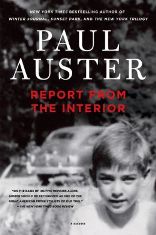
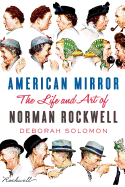
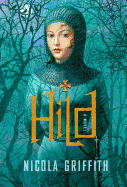 Hild
Hild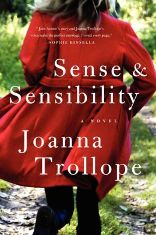 Sense & Sensibility
Sense & Sensibility